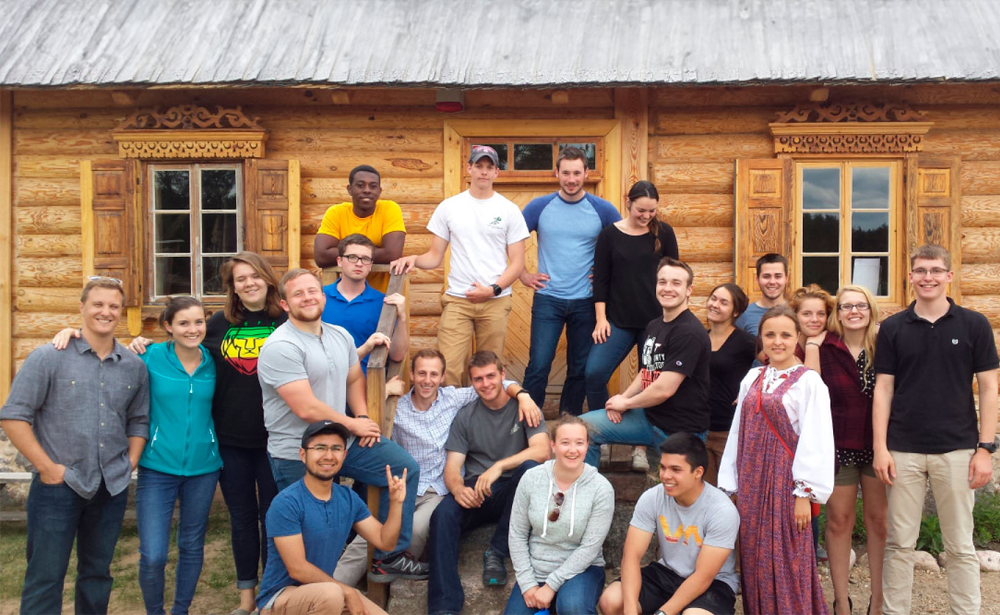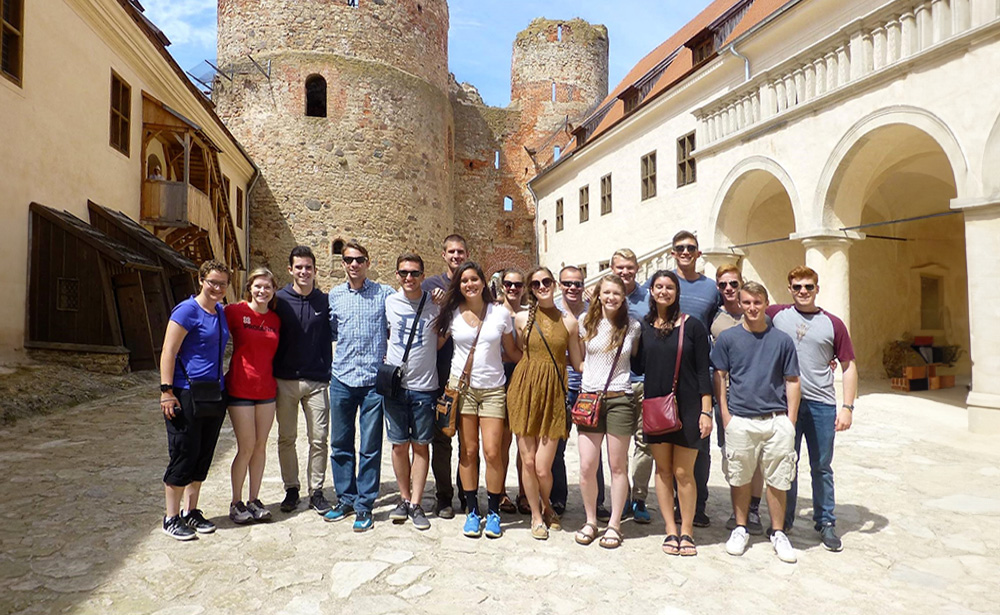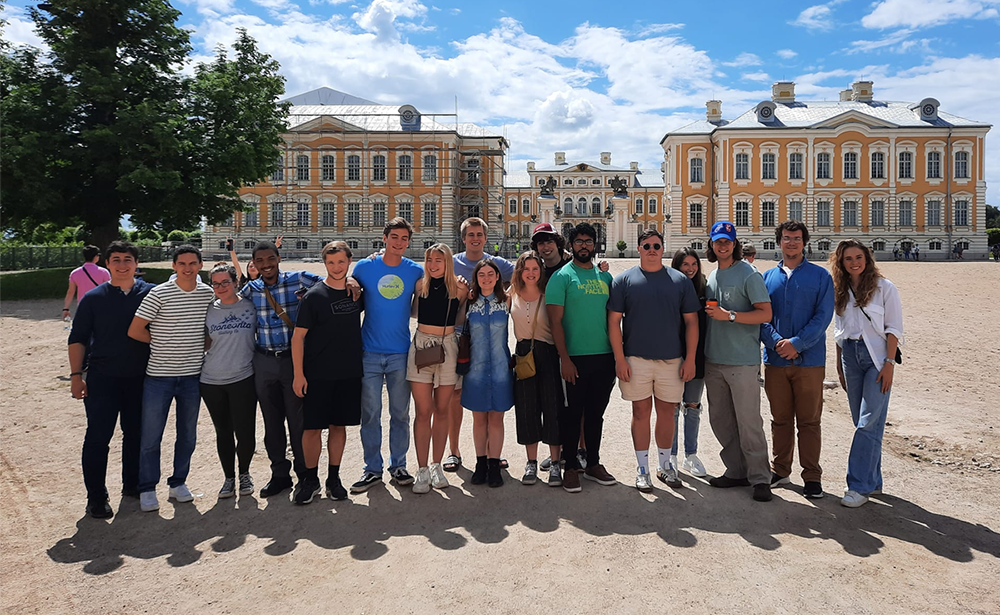Why are field trips helpful?

In order to answer the question asked in the title, we should decide what training means in general. Training literally means classes at school, homework, learning new words and grammar rules. Training programs at our centre are not just classes: they allow learning a language as well as they provide our students with the understanding of mentality, culture and history. Therefore, alongside standard ways of learning we offer our students individual tutorials and field trips.
What our programs consist of
Our programs consist of the following components: classes, lectures, staying with a host family and field trips. Each component has its own aim: some components are aimed at learning a language, another ones are aimed at the practical application of the language. The main aim of field trips is the development of linguocultural competence.
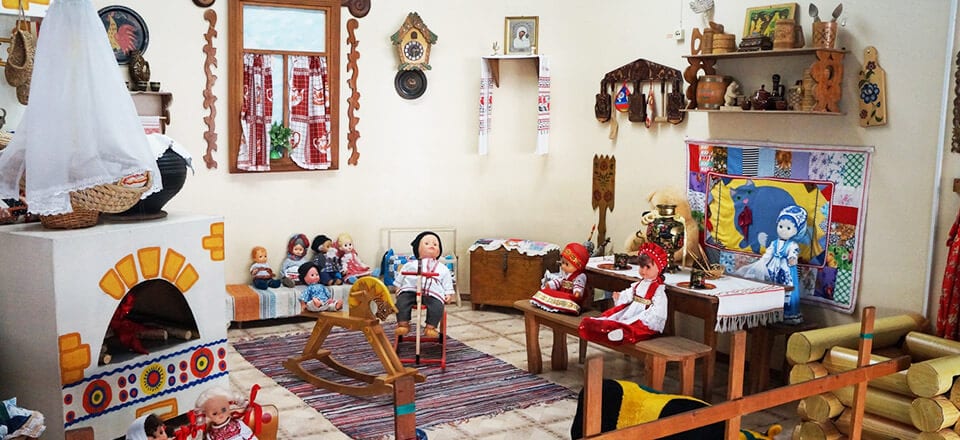
The purpose of the project is to teach students the Russian language as well as give them an insight into the Russian mentality and Russian reality. A student should feel comfortable in a new environment, understand its patterns and people’s actions. A students should understand how the language “lives”, how native speakers use it, how they choose phrases to be used in certain situations and what determines their choice, how they express emotions and feelings. Knowing a language itself does not give you the insight into the culture, so it partially loses its value.
Field Trips
Field trips are part of training programs that is as important as classes or lectures. Their aim is to let students know few things related to the country’s history, which later have influenced the society in general. You will agree that many cultural traditions have been formed for dozens or even hundreds of years. Therefore, if foreigners want to understand them, they should know why and how these traditions developed.
You shouldn’t think that field trips are some kind of entertainment. They are definitely less formal than lectures or grammar exercises; they are run in a relaxed atmosphere, by a history professor and Daugavpils University students who accompany foreigners on field trips, although the amount of information the foreigners receive and its significance are immense.
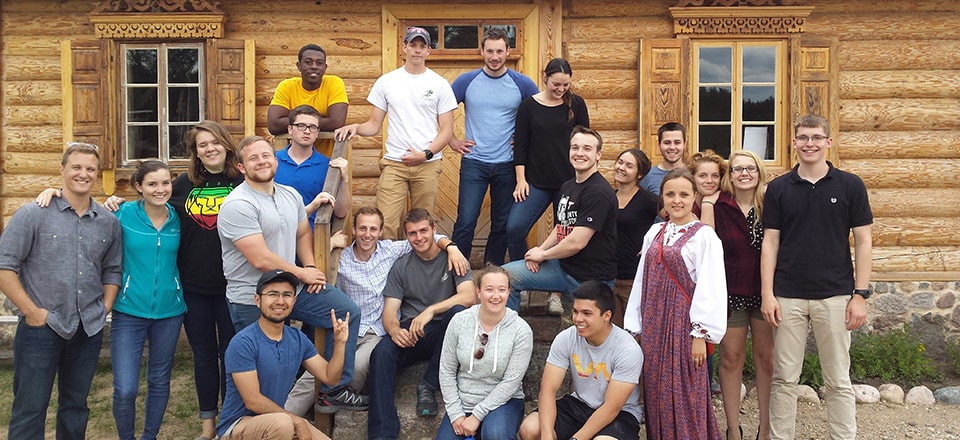
Field trips provide our foreign students with an opportunity to learn about our history which they hardly know anything about, which is frustrating, because the history of Latvia is closely tied to the history of Russia and Europe, and it can be of great interest for those who learn the Russian language. There were a lot of events undergoing in Latvia that are really important for understanding the Russian culture as well as cultural and political relations between Russia and the western world.
When we speak about the history of Latvia, we should mention Peter the Great and Napoleon. Latvia was a battlefield during two world wars. Besides that, Latvian people played a significant role during the Russian revolution, and, therefore, in the 20th century history.
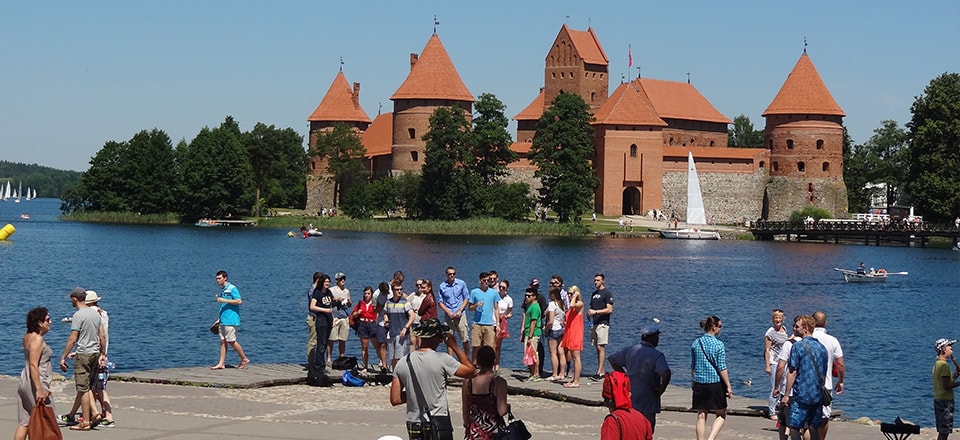
The Soviet period had a great influence on the Russian culture and society. It’s really difficult to understand many political and social processes without knowing about the Soviet time. Latvia used to be part of the USSR for more than 50 years, and it was affected by it, so here you can observe the outcomes of these processes. In Latvia you can also learn what Russians think about current political situation in Russia and in the world. But you do not require a visa to go to Moscow or St.Petersburg.
A number of ethnic groups have lived on the territory of Latvia for centuries. They all have taken part in the formation of the country and neighboring states. Field trips offered by the project Learn Russian in the EU help better understand all these historic processes, Russian culture and mentality. They provide a foreign student with cultural background that is required for successful communication with the native Russian speakers.
You may be interested
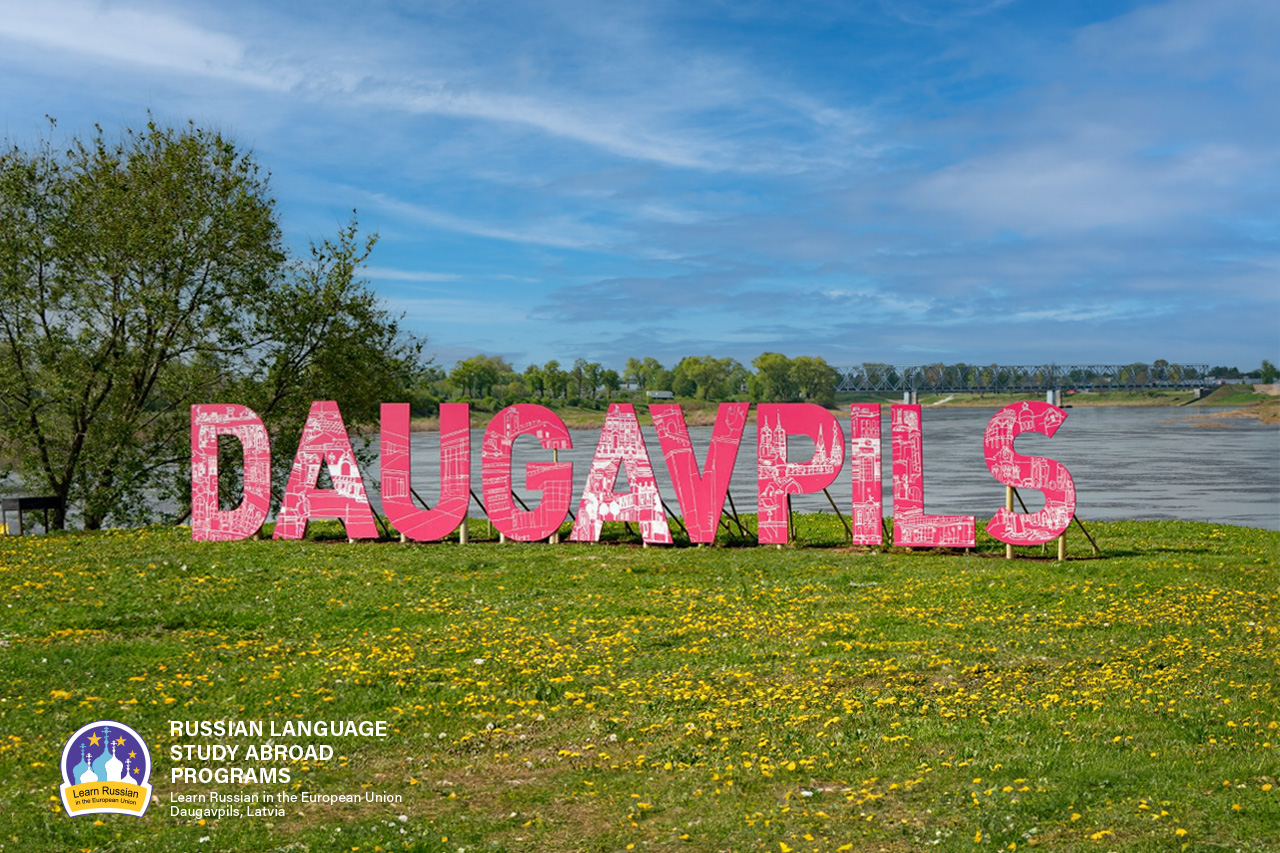
Why do people speak Russian in Daugavpils?
As it seems to us, Daugavpils is the best place to learn Russian now, because our city is situated in the EU and NATO, but at the same time 90% of the city’s population speak Russian at home.
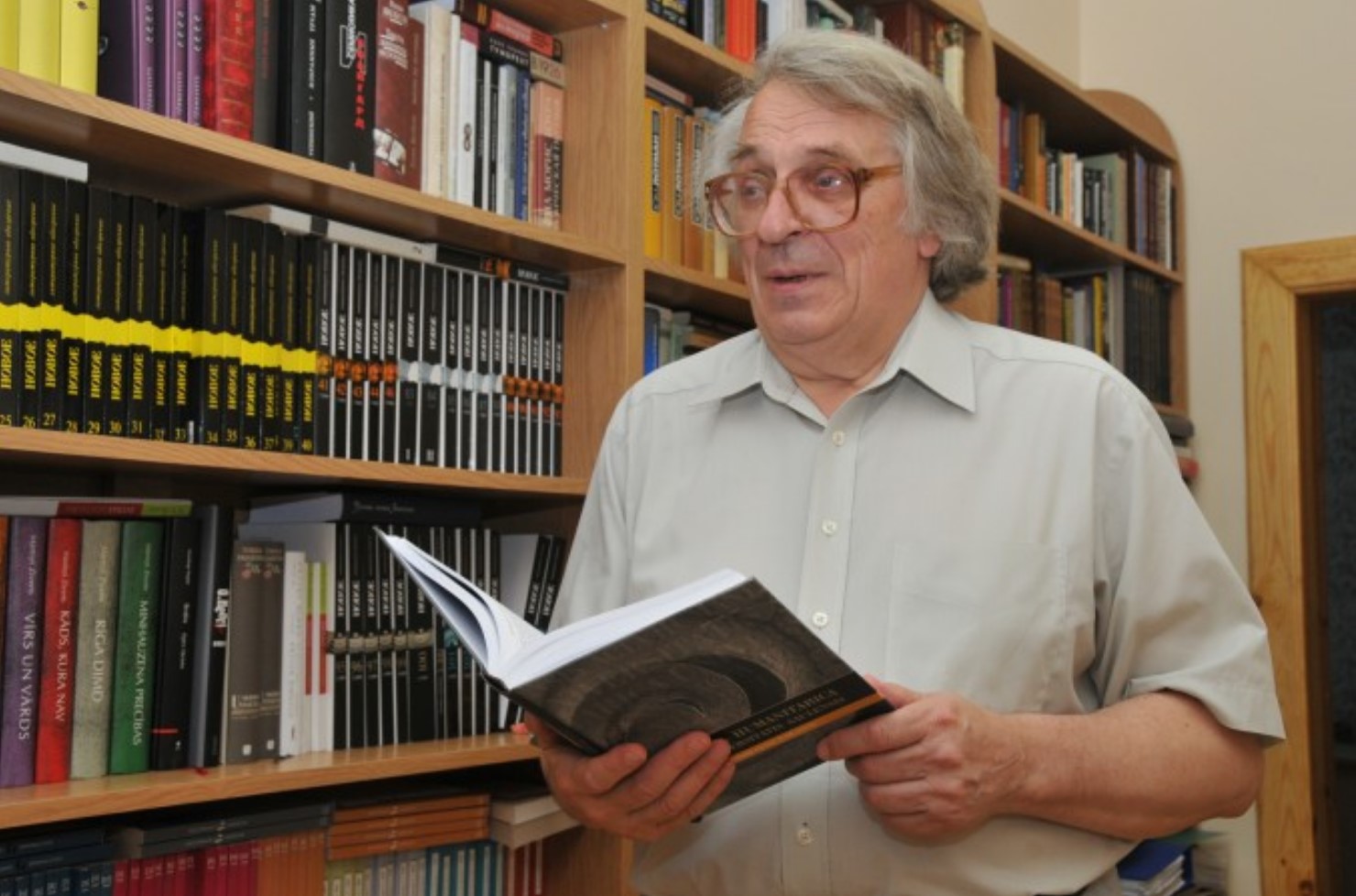
ЭТЮД О ДВИНСКЕ
Etude on Dvinsk by F.Fedorov
The Baltic region is one of the most catastrophe prone regions of the 2nd millennium, especially its second part; it is the centre of attraction of ‘geopolitical’ interests of the European world. Probably the most tragic fate has befallen to the eastern part of the present Latvia and its multi-titled town of Dinaburg – Dvinsk – Daugavpils. During its 730 years long history, the town went through five rather autonomous periods of development, five different lives (German, Polish, Russian, Latvian, Soviet), and at the beginning of the 1990s it entered into the 6th period.
The history of Dinaburg – Dvinsk – Daugavpils is the history of five attempts by the town to begin its life anew; and this is determined not only by the fact that the town was four times burned down and had to start life from scratch, but first and foremost because each of these periods was characterized by a total change of ethnos and the socio-cultural field.
The present article deals with the cultural space of the town in one of the most efficient periods of its development – from the 1860s till World War I.






